by Kristen Powell
Literature Review – Photovoice and Mental Health
My name is Kristen Powell and I live in Fort Collins, Colorado. I am a mother of five children, a licensed cosmetologist, and a full-time undergraduate student at the University of Northern Colorado. I had the opportunity to complete an internship at Photovoice Worldwide this summer. It has been a great experience! My assignment was to complete a literature review on how photovoice has been used in mental health research and interventions. It was a wonderful opportunity to learn new skills, connect with great people, and learn more about photovoice methods and applications. One of the highlights of the internship was taking the professional development course, Talking with Pictures: Photovoice (TwPP).

Taking the TwPP course with Dr. Laura Lorenz was incredible! It provided hands-on photovoice practice and rich group discussion. Our cohort was eclectic and international. There were participants from Australia, England, Ireland, Belgium, various states across the U.S., and a Lithuanian native who is currently living in the states. I found myself feeling extremely grateful for Zoom and the chance to interact with interesting people from all over the world. I always looked forward to our meetings and was sad when they came to an end.
I especially appreciated the discussions in the plenary and small group sessions. It is always helpful to gain insight into someone else’s perspective! With such a diverse group, we were able to consider many factors that might affect photovoice implementation. Some in our group had already completed photovoice projects, while some were still in their planning stages. We discussed ethical considerations, adapting photovoice to meet the needs of the group, and facilitators and barriers to consider. Dr. Lorenz provided thought-provoking talking points and always allowed plenty of time for questions and comments from the group.
Our small group sessions and photovoice assignments were the highlights of the course. It was amazing to gain rich insights into one another’s experiences through the photos we shared. Below is a photo of my front door for our photovoice assignment. Although I took this picture to represent inclusion, family, and home, it can be a metaphor for many other things as well. Doors can also be symbols of opportunity, entrances, transitions, and endings – things very relevant to my life right now. Although the door on my internship is closing, I know other doors will be opening as a result of my experience at Photovoice Worldwide.

I also appreciated how TwPP provided me with a solid foundation in the photovoice method for my literature review. The course covered photovoice background information, implementation strategies, and ethical concerns. This was beneficial while reading the articles for my review. I was able to recognize deviations from traditional photovoice methods, which provided some interesting findings in the literature. For example, some researchers chose not to use group sessions because of the sensitive nature of the topic being discussed (e.g. suicidal ideation and suidcide attempts) and fear of retraumatization. This is an important consideration for implementing a photovoice project in mental health research or clinical settings.
I am so grateful for this opportunity. I learned more about the photovoice method, connected with and learned from incredible people, and acquired valuable resources to use throughout my academic career. I highly recommend the Talking with Pictures: Photovoice course and an internship at Photovoice Worldwide.
